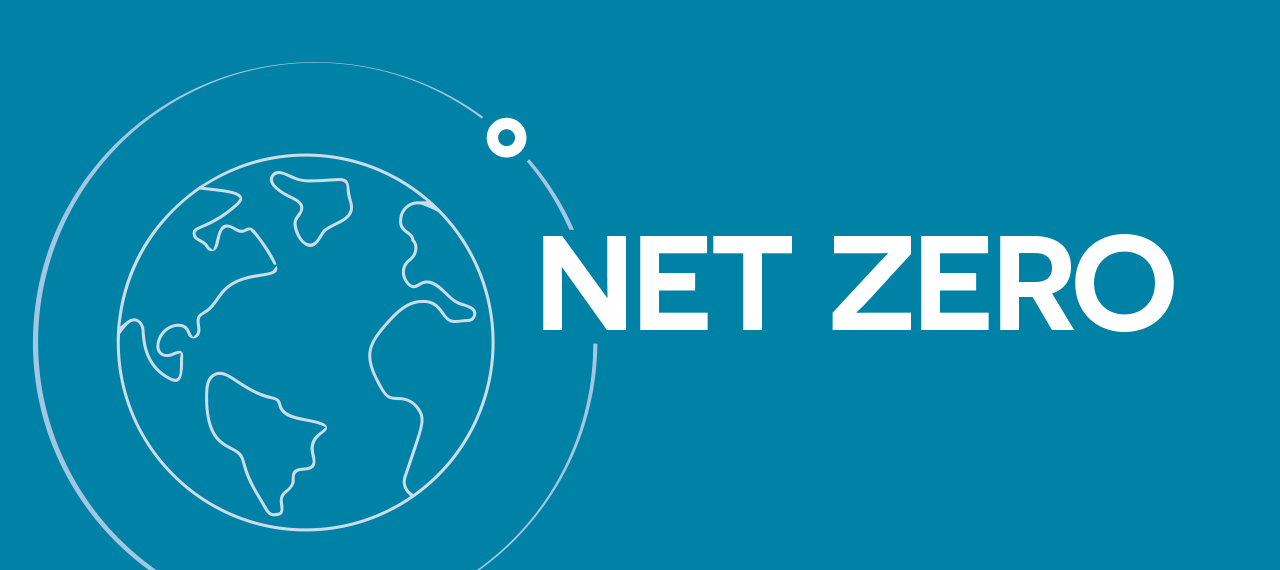View from COP27 with Paul Donofrio

Following the negotiations at the UN’s COP27 summit, we hear from Paul Donofrio, Vice Chairman, Bank of America, on his thoughts on the conference and how the finance community can take action.
Q. What has been your key takeaway from COP27?
A. I noted two key discussion topics from COP27, in particular because of the role of the financial industry in each:
First was the urgent need to accelerate adaptation and resilience efforts across emerging markets and other vulnerable geographies that are dealing with severe consequences from climate change. It’s estimated emerging markets will require US$1 trillion per year for climate mitigation and adaptation efforts. There is work ongoing between the public and private sectors, with Multi Development Banks (MDBs) and Development Finance Institutions (DFIs) delivering more climate finance capital to emerging markets. This work needs to expand and go further – beyond efforts like renewable energy deployment – to critical resilient infrastructure financing on things like storm surge, water, power grid, roads, and ports infrastructure upgrades and deployment.
Second is the role of carbon offsets on the road to net zero. We believe there is room for accelerated progress on new Article 6.4 compliance carbon credit market mechanisms. Markets are also awaiting more guidance on use of voluntary carbon credits.
Q. In that context, what actions should those in the finance community take to close the ambition gap?
A. The private sector can play a vital role in the following three areas of development:
- For mature decarbonization technologies where the cost of new build breaks even with fossil fuel technologies in the majority of the world (wind, solar and energy efficiency tools, for example), the private sector needs to accelerate capital deployment to bring speed and scale to increase capacity. This will help transition fossil fuel assets into lower carbon energy and power supplies, which can help reduce a significant amount of global emissions.
- For emerging decarbonization technologies (Electric Vehicles and battery storage, green hydrogen, biofuels including Sustainable Aviation Fuel, Carbon capture and sequestration, etc.) the private sector should leverage the U.S. Inflation Reduction Bill and other Organization for Economic Cooperation and Development (OECD) mandates / incentives to help supply increase. A supply increase should result in a reduction in green premiums, helping to make these important lower carbon tools more affordable and available for broader markets.
- For emerging markets, the private sector can work with Governments, MDBs / DFIs to help host countries create more enabling environments and participate in the project preparation and development pipeline. The private sector can also help capital flow into these markets with the appropriate amount of political, currency, credit and project risk coverage.
Q. Why is business leadership so vital to the success of events such as COP27?
A. At US$3-9 trillion per annum capital requirements to reach net zero, collaboration between the public and private sectors on policy, demand signal, supply chain, and financing and investments is absolutely critical. This collaboration will help ensure we have a reasonable way of achieving our collective societal goals of delivering sustainability and prosperity for our people and planet.
Here are a few examples of collaborations that we are pursuing at Bank of America:
- We’re exploring opportunities with development finance institutions (DFIs) to structure a blended finance loan facility for CrossBoundary Energy to support their development pipeline of 255 megawatt (MW) of solar and wind generation and 50 megawatt hours (MWh) of storage projects across 14 countries in Africa. Earlier this year, as part of a blended finance structure, we provided capital to CrossBoundary Energy Access to finance solar powered mini-grids in rural areas of Africa that do not have access to electricity.
- We’re deepening our relationship with InterEnergy by providing a green loan facility in partnership with a multilateral development bank (MDB) to support the construction and operation of eligible renewable energy and clean transportation infrastructure projects located in Small Island Developing States in the Caribbean.
- We’re supporting a Just Energy Transition Partnership (JETP) with Indonesia, as part of a coalition working toward the facilitation and mobilization of US$20 billion in public and private financing to facilitate the transition of Indonesia’s power sector toward renewable energy, and increase investment in transition-aligned jobs and industries of the future.



